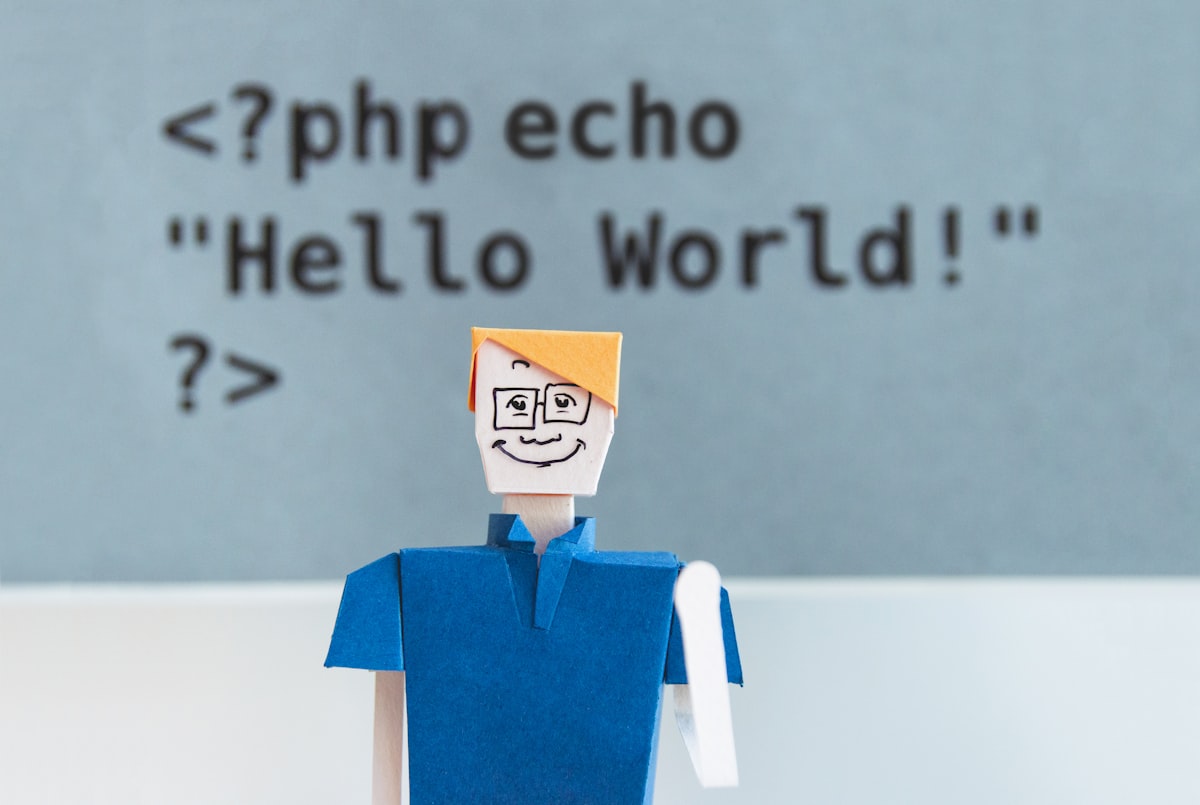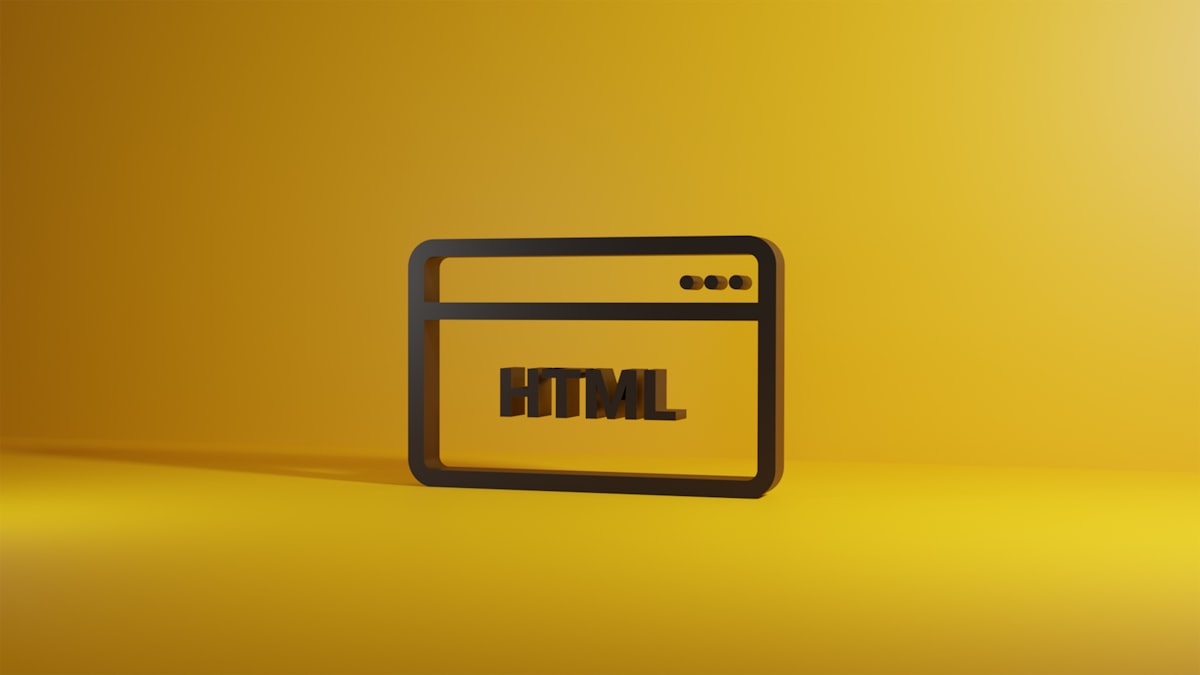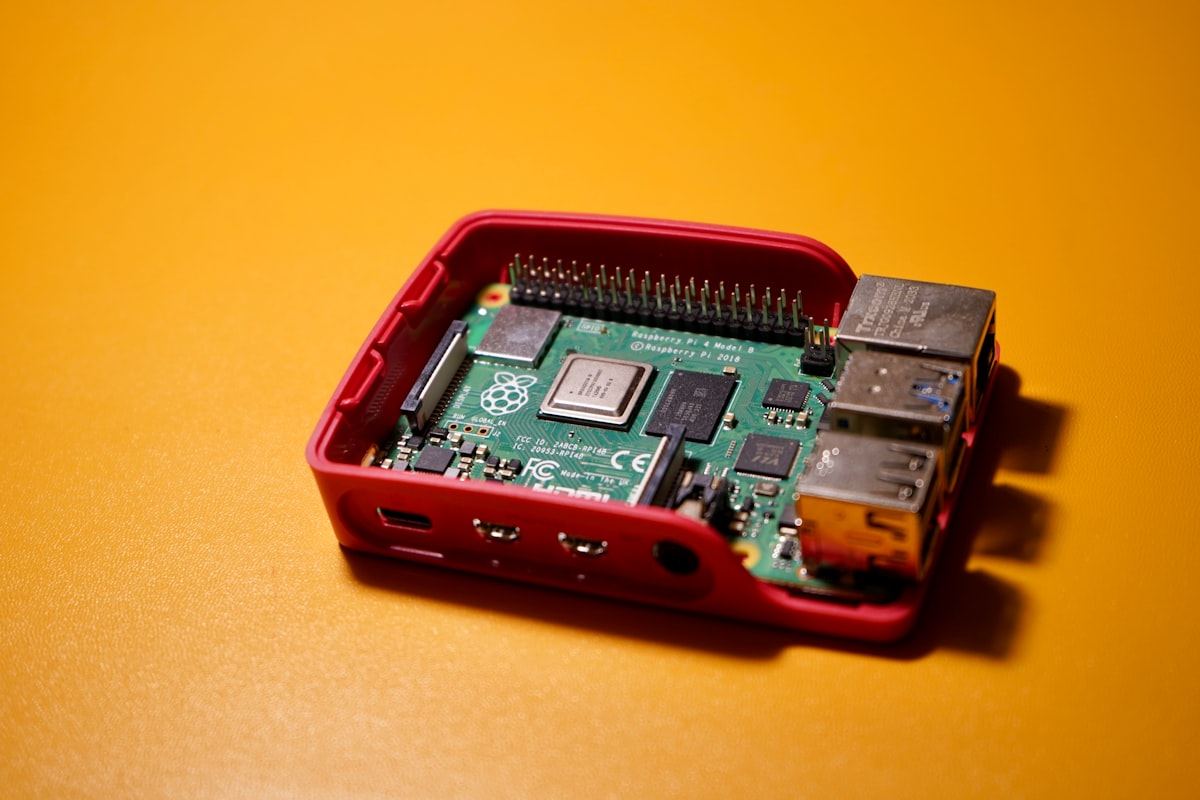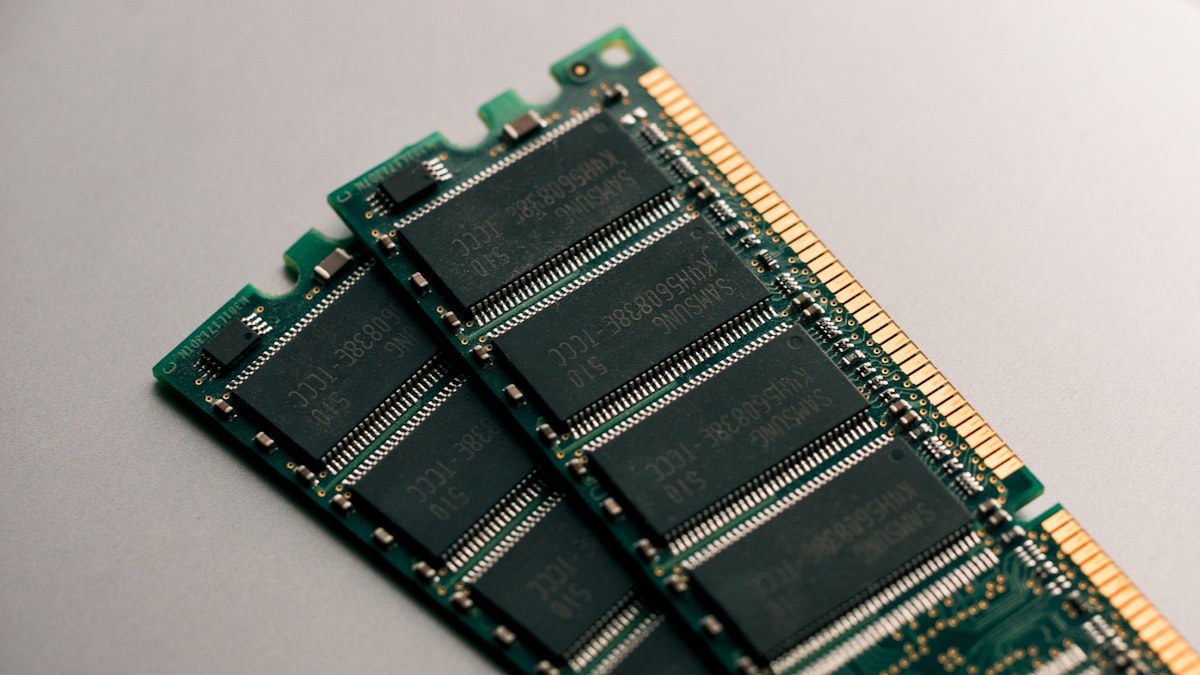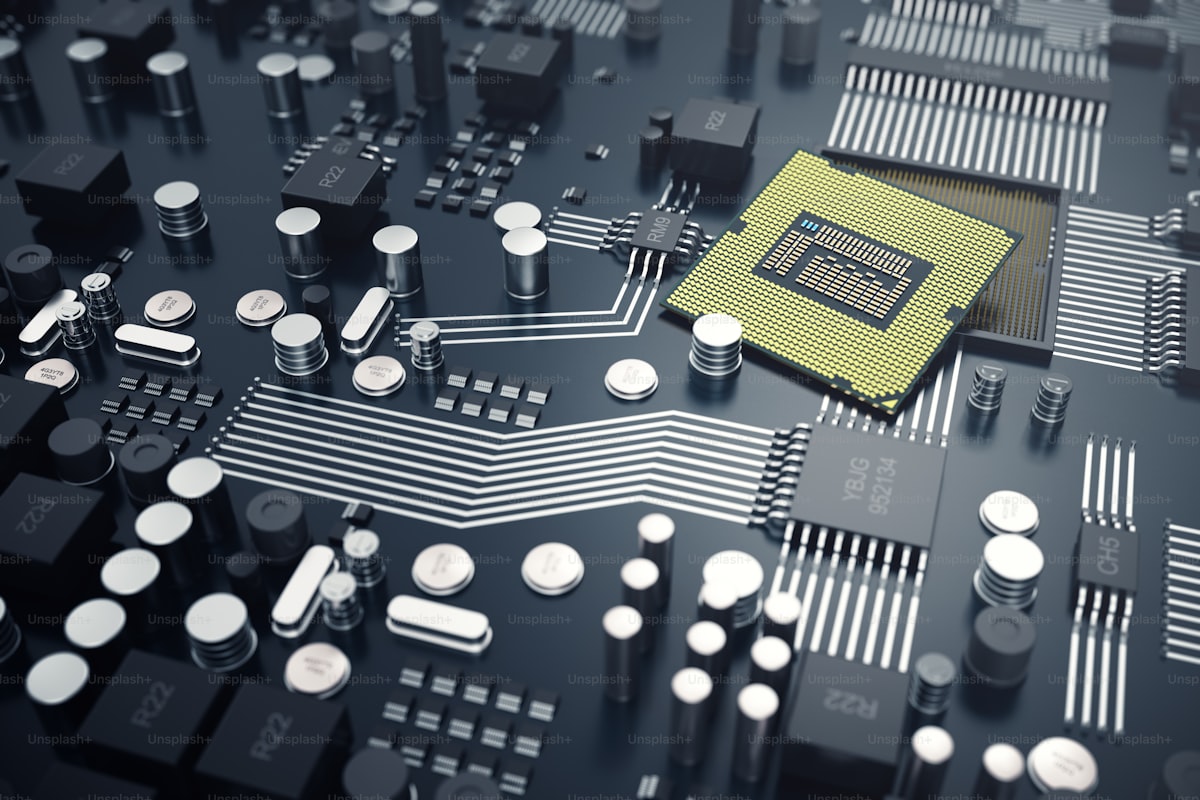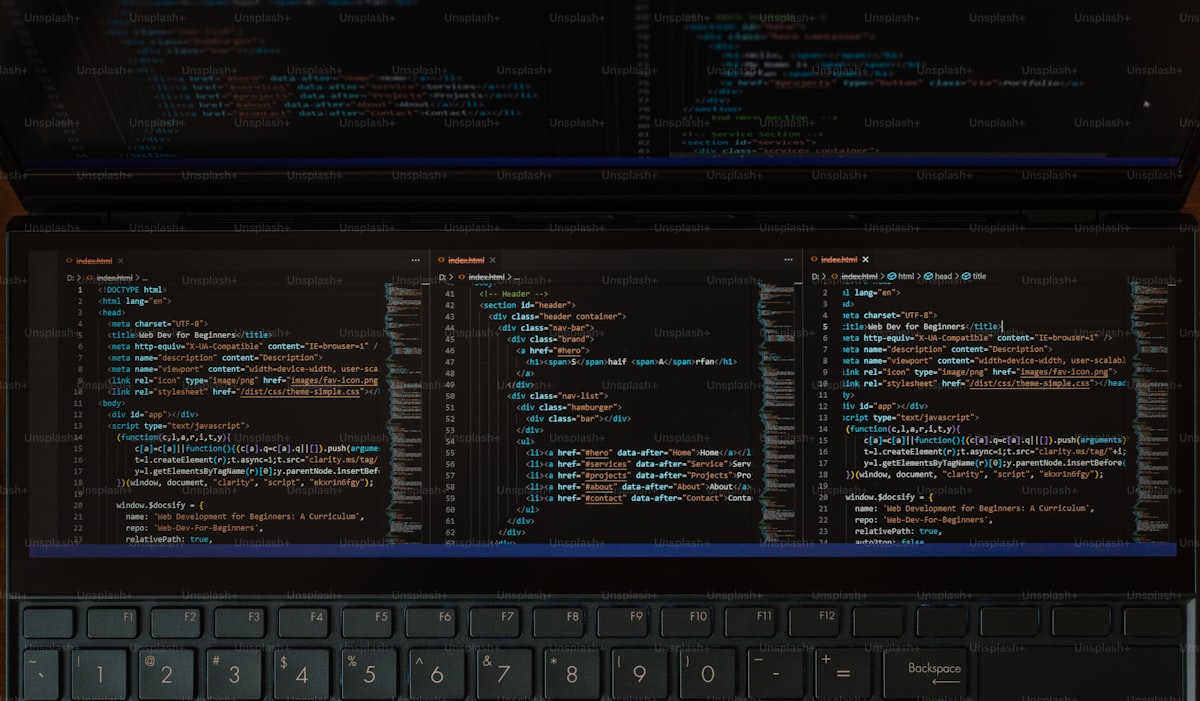The journey of the computer spans centuries of human innovation and ingenuity, evolving from simple mechanical devices to the sophisticated electronic marvels that define our modern age. Let’s embark on a fascinating exploration of how the computer began and evolved into the transformative force that shapes our world today.
The Early Origins: The origins of the computer can be traced back to ancient civilizations, where rudimentary devices such as the abacus and the Antikythera mechanism were used for basic calculations and astronomical observations. These early tools laid the foundation for the development of more advanced computational devices in the centuries to come.
The Mechanical Era: The 19th century witnessed significant advancements in mechanical computing, with pioneers like Charles Babbage and Ada Lovelace conceptualizing and designing early mechanical computers. Babbage’s Analytical Engine, considered the precursor to modern computers, was a remarkable feat of engineering, capable of performing complex calculations through the use of gears, levers, and punched cards.
The Electronic Revolution: The advent of the 20th century ushered in the era of electronic computing, marked by breakthroughs such as the invention of the vacuum tube and the development of electronic digital computers. The pioneering work of figures like Alan Turing, John von Neumann, and Grace Hopper laid the groundwork for the electronic computers that would revolutionize industry, science, and society.
The Birth of the Modern Computer: The mid-20th century saw the emergence of the first general-purpose electronic computers, such as the ENIAC (Electronic Numerical Integrator and Computer) and the UNIVAC (Universal Automatic Computer). These massive machines, built using vacuum tubes and magnetic drums, were marvels of their time, capable of performing complex calculations and data processing tasks with unprecedented speed and accuracy.
The Rise of Personal Computing: The late 20th century witnessed the democratization of computing with the advent of personal computers (PCs). Innovations such as the microprocessor, graphical user interface (GUI), and the mouse transformed computers from bulky mainframes to sleek, user-friendly devices that could be used by individuals in homes, schools, and businesses.
The Digital Age: In the 21st century, computers have become ubiquitous, permeating every aspect of modern life. From smartphones and tablets to supercomputers and cloud computing platforms, the digital revolution has transformed how we work, communicate, and interact with the world around us. Artificial intelligence, machine learning, and the Internet of Things (IoT) represent the latest frontiers in computing, promising to reshape industries and societies in ways we have yet to imagine.
Conclusion: In conclusion, the story of the computer is a testament to human innovation, perseverance, and curiosity. From its humble beginnings as a simple counting tool to its evolution into the powerful and interconnected devices that define our modern age, the computer has transformed the world in profound ways. As we stand on the cusp of a new era of technological advancement, the legacy of the computer serves as a reminder of the boundless potential of human creativity and the endless possibilities that lie ahead.


